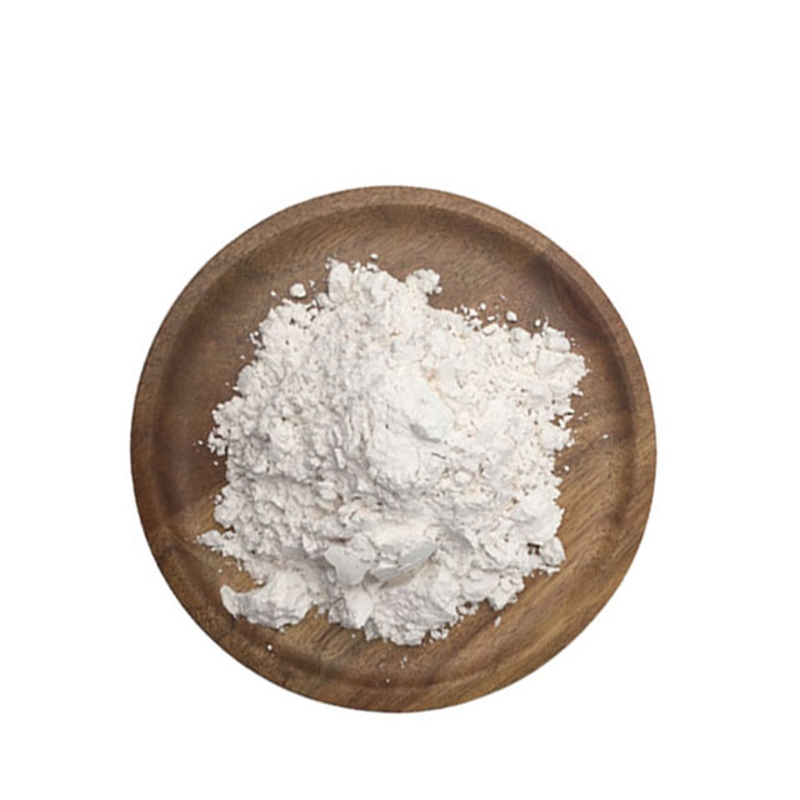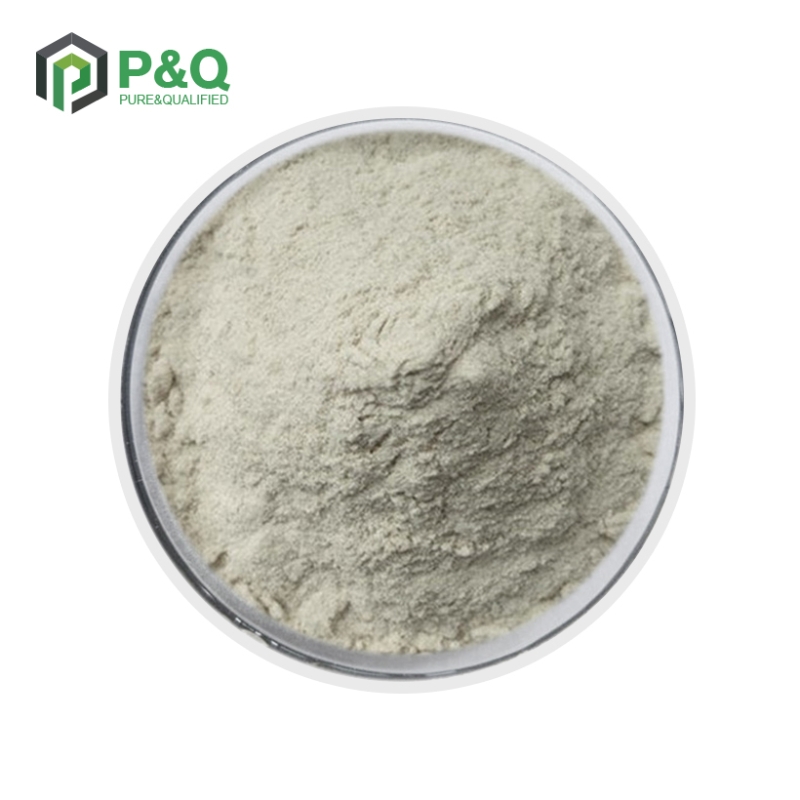-
Categories
-
Pharmaceutical Intermediates
-
Active Pharmaceutical Ingredients
-
Food Additives
- Industrial Coatings
- Agrochemicals
- Dyes and Pigments
- Surfactant
- Flavors and Fragrances
- Chemical Reagents
- Catalyst and Auxiliary
- Natural Products
- Inorganic Chemistry
-
Organic Chemistry
-
Biochemical Engineering
- Analytical Chemistry
- Cosmetic Ingredient
-
Pharmaceutical Intermediates
Promotion
ECHEMI Mall
Wholesale
Weekly Price
Exhibition
News
-
Trade Service
net/tag_1848.
html" class="zdbq" title="Sweetener-related food information" target="_blank">sweetener foodmate.
net/tag_2227.
html" class="zdbq" title="Beverage related food information" target="_blank">beverages every day can increase the risk of stroke and dementia by three times.
Researchers have carried out stroke research and dementia research respectively.
In the stroke study, the researchers analyzed the data of nearly 2,900 people over the age of 45; in the dementia study, they analyzed the data of nearly 1,500 people over the age of 60.
In the stroke study, the researchers analyzed the data of nearly 2,900 people over the age of 45; in the dementia study, they analyzed the data of nearly 1,500 people over the age of 60.
Participants recorded their eating habits in the questionnaire.
The researchers reviewed this information at different points in seven years and tracked the health status of the participants in the next 10 years to see who had a stroke or dementia.
The researchers then compared the participants’ eating habits with the risk of contributing to these health problems.
.
The researchers reviewed this information at different points in seven years and tracked the health status of the participants in the next 10 years to see who had a stroke or dementia.
The researchers then compared the participants’ eating habits with the risk of contributing to these health problems.
.
This study found that people who drink a cup of artificial sweetener a day are more likely to suffer from stroke and dementia than people who drink it once a week.
The researchers said that the results of the study only show the correlation between the two, and do not prove that artificial sweetener soda can actually cause stroke or dementia.
The researchers said that more research is needed in this area.
The researchers said that more research is needed in this area.
Matthew Pase, a senior researcher in the Department of Neurology at Boston University School of Medicine, said that although this study did not find a correlation between drinking sugary drinks and stroke and dementia, it does not mean that people can drink sugary drinks in large quantities.
According to Dr.
Rachel K.
Johnson, the Nutrition Committee of the American Heart Association and Professor of Nutrition at the University of Vermont, limiting sugar intake is an important strategy to support good nutrition and healthy weight.
Before we know more, people should use artificial sweeteners with caution.
Flavored drink.
We encourage people to drink water, low-fat milk or other beverages instead of those with added sweeteners.
Rachel K.
Johnson, the Nutrition Committee of the American Heart Association and Professor of Nutrition at the University of Vermont, limiting sugar intake is an important strategy to support good nutrition and healthy weight.
Before we know more, people should use artificial sweeteners with caution.
Flavored drink.
We encourage people to drink water, low-fat milk or other beverages instead of those with added sweeteners.
In response, the American Beverage Association issued a statement stating that low-calorie sweeteners have been proven to be safe by government agencies around the world and hundreds of scientific studies.
This research did not oppose this fact.
The U.
S.
Food and Drug Administration and the European Food Safety Agency have evaluated low-energy sweeteners and have reached the same conclusion that they are safe for human consumption.
This research did not oppose this fact.
The U.
S.
Food and Drug Administration and the European Food Safety Agency have evaluated low-energy sweeteners and have reached the same conclusion that they are safe for human consumption.







